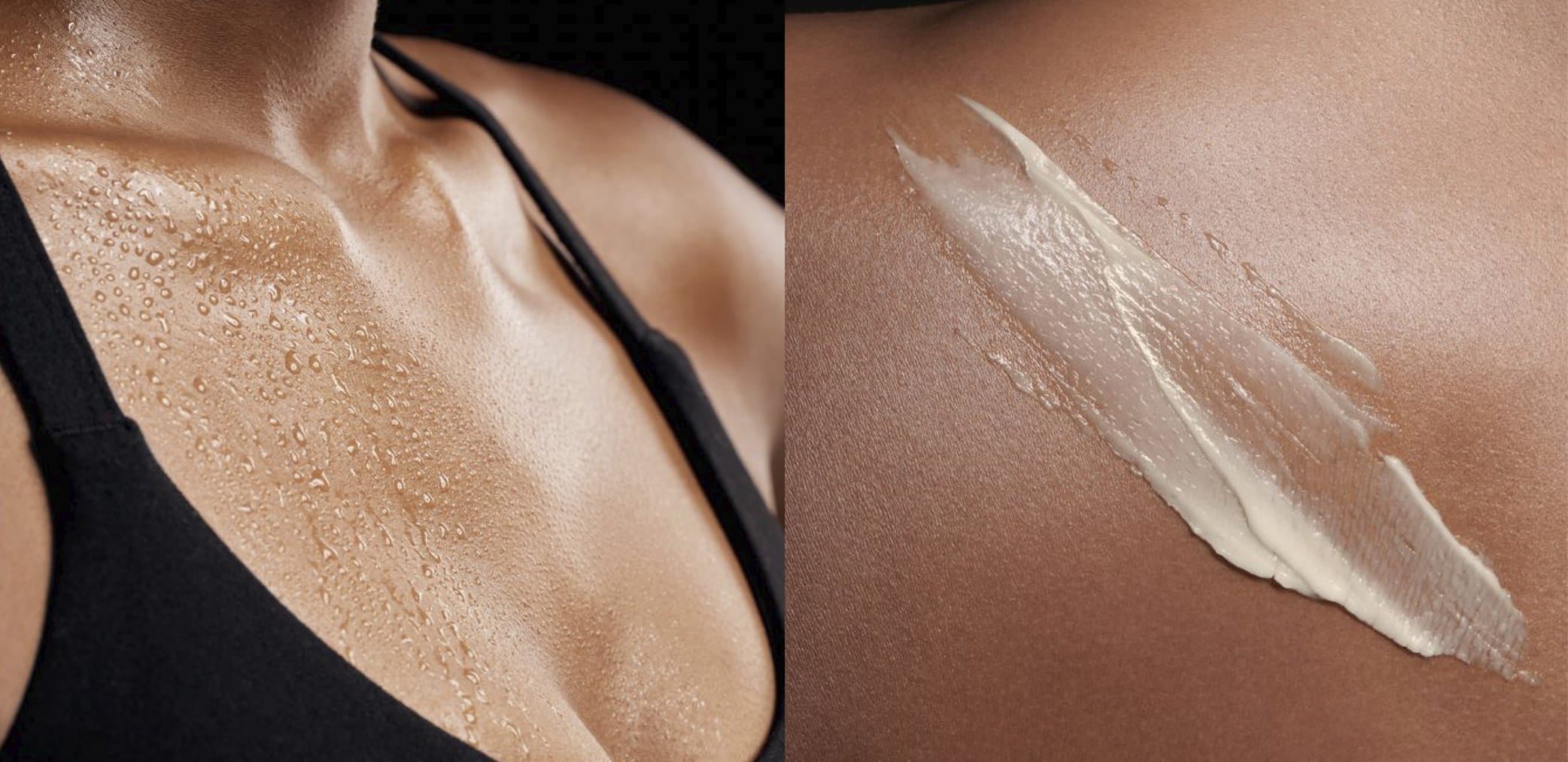
Body odor is a natural phenomenon in the human body, usually closely related to sweat, bacterial activity, and metabolism. While body odor is often a normal physiological process, some people may feel uncomfortable or troubled by strong body odor. To effectively reduce body odor, understanding its causes is key. The following analysis, from a health and medical perspective, will help everyone better manage body odor issues.
1. The Relationship Between Sweat Gland Type and Body Odor
Human sweat glands are mainly divided into two types: eccrine glands and apocrine glands. Eccrine glands produce clear, odorless sweat primarily used for regulating body temperature. Apocrine glands, located in areas like the armpits, genital region, and nipples, produce sweat rich in fatty acids, proteins, and other organic compounds. These components, when interacting with bacteria on the skin, undergo fermentation and create the source of body odor. Therefore, the activity of apocrine glands directly affects the production of body odor.

2. Bacteria and Body Odor
The production of body odor is largely linked to bacterial activity on the skin. The bacteria living on our skin break down the organic compounds in sweat, particularly the sweat produced by apocrine glands. The metabolic byproducts of these bacteria release specific odors, typically composed of fatty acids, amino acids, and other decomposition products. The types and numbers of bacteria on each person's skin vary, which is why body odor can differ from person to person.
3. The Impact of Diet on Body Odor
Dietary habits are another important factor influencing body odor. Some foods, such as garlic, onions, coffee, and spicy foods, can affect body odor through sweat secretion. Certain foods contain volatile compounds that are absorbed into the bloodstream and enter the lungs or skin, where they are released as odors. For example, capsaicin in spicy foods or caffeine in coffee may make body odor more noticeable.
4. Hormonal Changes and Body Odor
Body odor changes are also closely related to hormonal fluctuations. Especially during puberty, menstrual cycles, pregnancy, or menopause, hormonal changes increase the activity of apocrine glands, leading to changes in body odor. For instance, during pregnancy, hormonal shifts may cause some women to experience stronger body odor. Additionally, stress and anxiety can activate sweat glands, making body odor more noticeable.
5. How to Effectively Reduce Body Odor
Reducing body odor typically involves adjusting lifestyle habits and using proper hygiene measures:
- Maintain Cleanliness: Regularly wash your body, especially areas prone to sweating, such as the armpits and feet, to remove sweat and bacteria from the skin and reduce the generation of odor.
- Wear Breathable Clothing: Choose clothing with good breathability and avoid wearing synthetic materials that trap sweat and bacteria, leading to intensified body odor. Cotton clothing helps absorb moisture and keep the skin dry.
- Use Antibacterial Products: Use bath products, deodorants, or antiperspirants that contain antibacterial ingredients to reduce the number of bacteria on the skin and, at the source, reduce body odor. For example, some natural deodorants contain plant extracts like tea tree oil and lavender, which have natural antibacterial properties.
- Adjust Diet: Avoid overeating spicy or pungent foods, especially when sweating is likely. Increasing the intake of vegetables and fruits can help detoxify the body and improve body odor.
- Maintain Adequate Hydration: Sufficient hydration helps promote metabolism and waste removal from the body, maintaining natural body balance and reducing body odor caused by metabolic waste.
6. Medical Treatment Options
For individuals with more severe body odor issues (such as those with hyperhidrosis), medical treatment can provide additional help. Common medical treatments include:
- Topical Treatments: Using antiperspirants containing aluminum salts can temporarily block sweat glands to reduce sweat production and, consequently, body odor.
- Botox Injections: This treatment temporarily reduces the activity of sweat glands by injecting botulinum toxin, effectively reducing body odor caused by excessive sweating.
- Surgical Treatments: For individuals with severe hyperhidrosis, surgery to remove apocrine glands or destroy them through iontophoresis is another option, though this is typically a last resort.
Body odor results from multiple factors, including sweat gland secretion, bacterial activity, diet, hormonal changes, and more. To effectively reduce body odor, it is crucial to understand its causes and adjust lifestyle and dietary habits while taking appropriate hygiene measures. If body odor issues are severe, seeking professional medical advice and choosing the right treatment options is recommended. By making these adjustments, we can effectively improve body odor and lead a comfortable and confident life.
Additionally, using AtomFresh Deodorant is a highly effective solution. It is made with natural ingredients, is gentle on the skin, and provides long-lasting odor control, helping you stay fresh throughout a busy day. Whether for daily use or special occasions, AtomFresh deodorant offers a comfortable experience, helping you eliminate body odor and maintain confidence and freshness.




